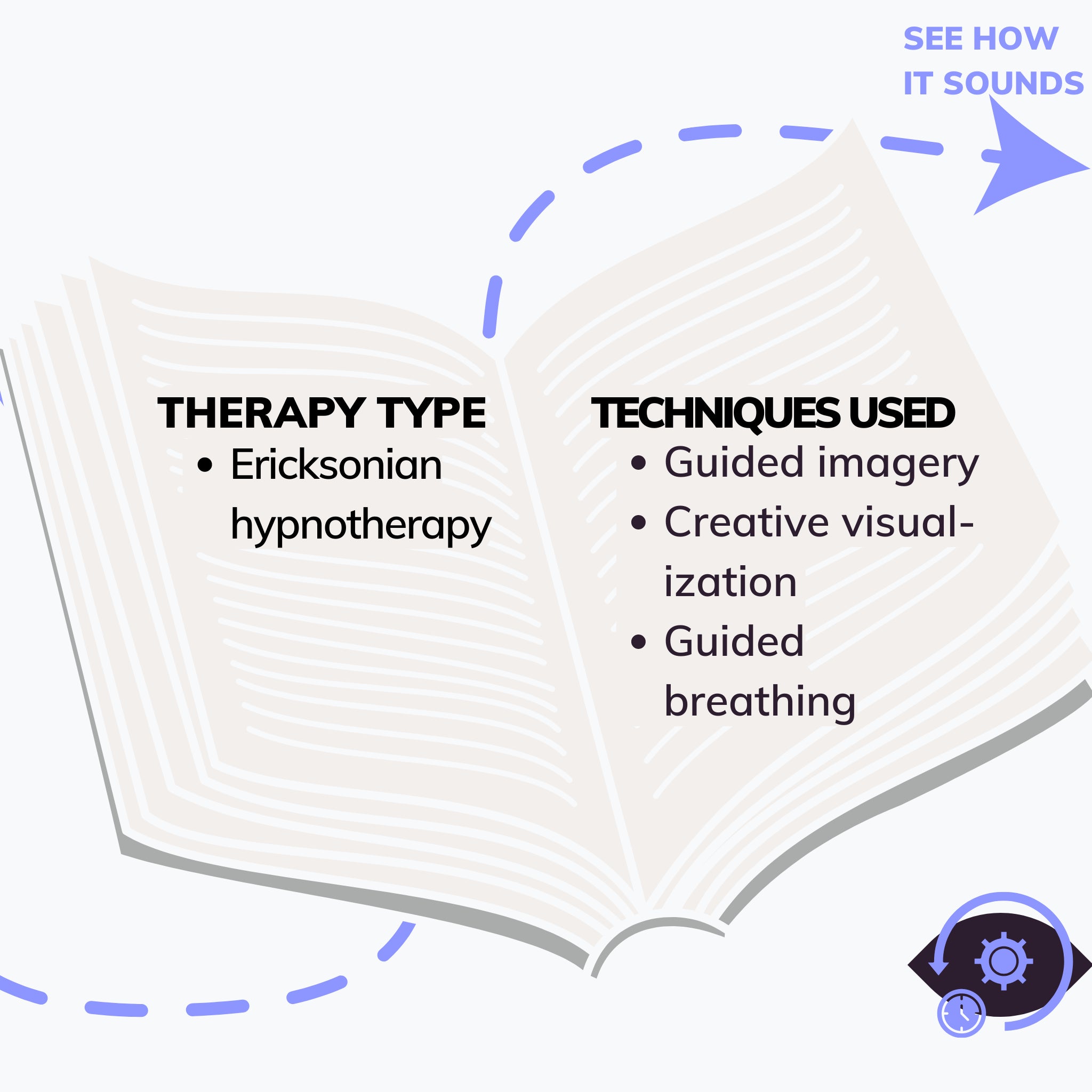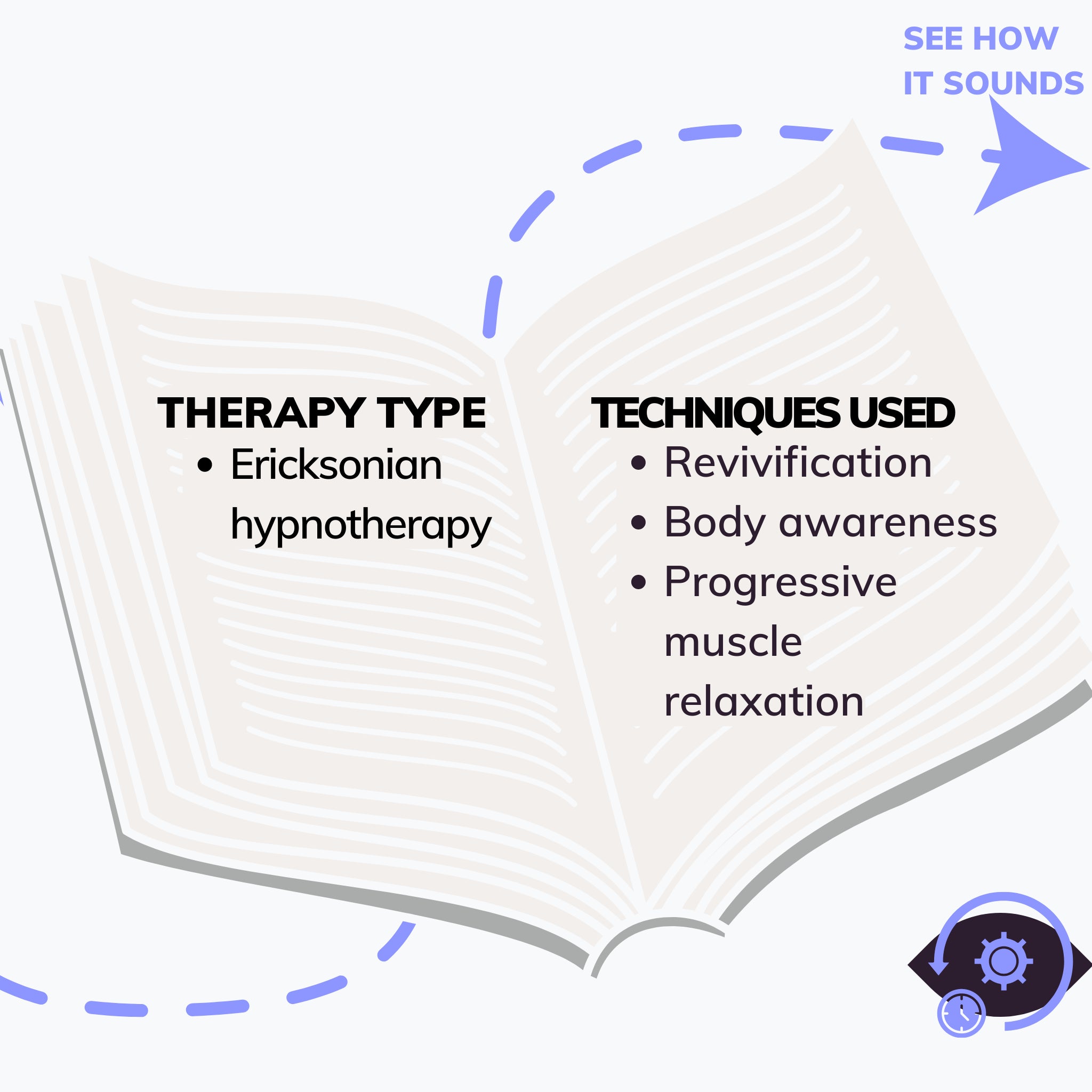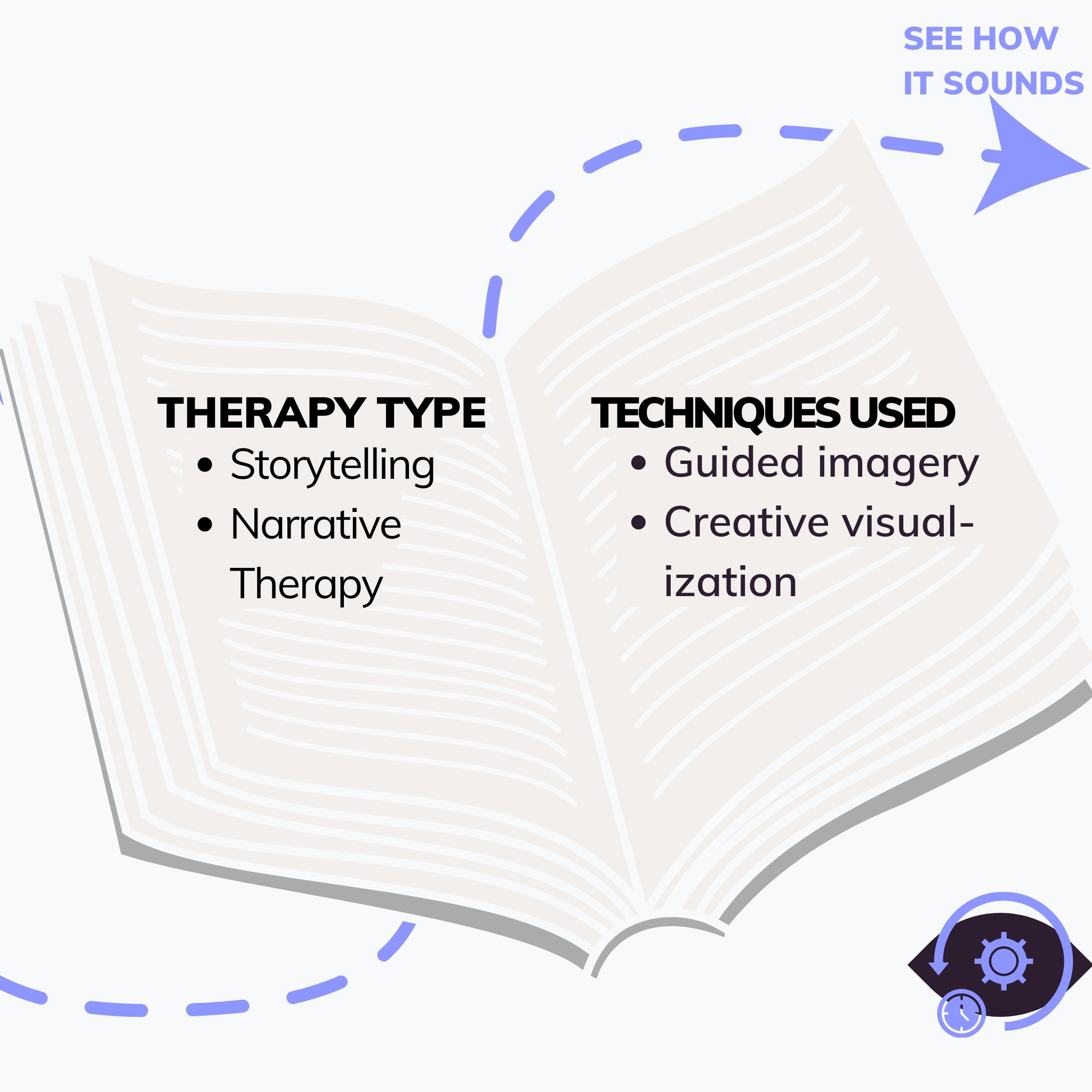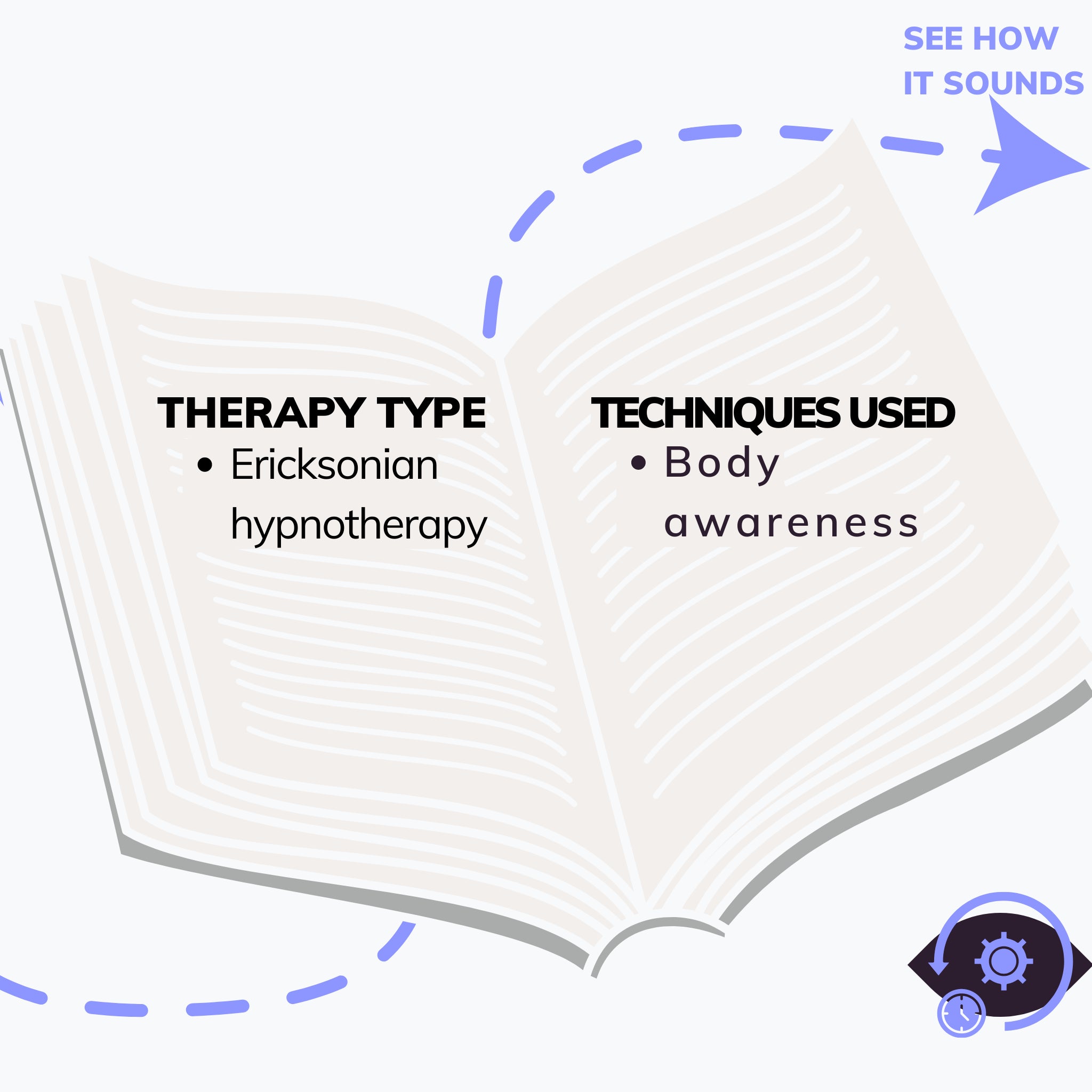Anxiety is a pervasive disorder that affects both children and adults. Through its intrusive way of manifesting, it can "convince" people to withdraw entirely or almost completely from their romantic, social, or professional life. This article will present cognitive, emotional, and physiological symptoms.
It is essential to differentiate between anxiety and common/adaptive concerns. The latter is how we plan, evaluate costs/benefits, make projections about the future, or contemplate past events. These concerns cease to be adaptive when they last a very long time, at least six months, day by day.
Cognitive symptoms:
- Intrusive thoughts related to events that will take place/could occur in the future with a focus on adverse outcomes
- ignoring neutral or positive stimuli from an affective perspective
- Discrepancies between desires, needs, and perceived self-efficacy (what people think they can do)
- repetitive themes related to doubts in decision-making
- Worries related to identity and social safety (without there having been an event where these things were attacked)
- worries about not making mistakes/perfectionism
- worries about being embarrassed in public
Physiological symptoms:
- increased heart rate
- shallow breathing
- trembling hands
- chest pain
- irritability
- sweating
- freeze reaction/blockage
- numbness or tingling
- loss of balance
- inability to relax
- body tremors
- cold/hot sweats
- diarrhea/constipation
- insomnia
Emotional symptoms:
- Fear that something terrible might happen (even though there is no objective threat in reality)
- fear of losing control over the body or mind
- hypervigilance
- feeling overwhelmed by life's problems
The fact that you find some of these symptoms in your experience does not mean that it is necessarily a clinical disorder. It is essential to contact a psychotherapist who will help you understand why anxiety appeared, how to work with it, and how to regain your feeling of safety. If the symptoms have a high degree of severity, the recommendation may be to see a psychiatrist who will help remedy the chemical imbalance through pharmacology. Even in this case, the multidisciplinary approach is ideal, combining psychotherapy with pharmacology so that you can develop adaptive mechanisms needed after treatment.
We also want to mention generalized anxiety disorder, a completely invasive variant as it appears in most situations a person goes through.
General anxiety

It is distinguished by excessive worry and anxiety that lasts for at least six months; the fear is uncontrollable and induced by everyday problems. Its invasiveness is total as it affects personal and professional life and is not limited by circumstances. It often coexists with depression, social anxiety disorder, substance abuse, and ADHD but can also be secondary to a medical condition (e.g., hyperthyroidism).
Risk factors:
- genetic factors
- negative events in childhood
- overprotective parents
- behavioral inhibition during childhood
- avoidance of dangers in childhood and adolescence
Hypnotherapy is an effective tool for managing anxiety. You learn how to calm bodily symptoms and relax or regain your sense of physical safety through physiological self-regulation exercises. Through imaginary activities, you can repeat various moments you feel fearful of as training for resource utilization. Within the imaginary plane, you can also create a "safe place" where you can retreat whenever you need to restore your feeling of safety.












Leave a comment
All comments are moderated before being published.
This site is protected by hCaptcha and the hCaptcha Privacy Policy and Terms of Service apply.